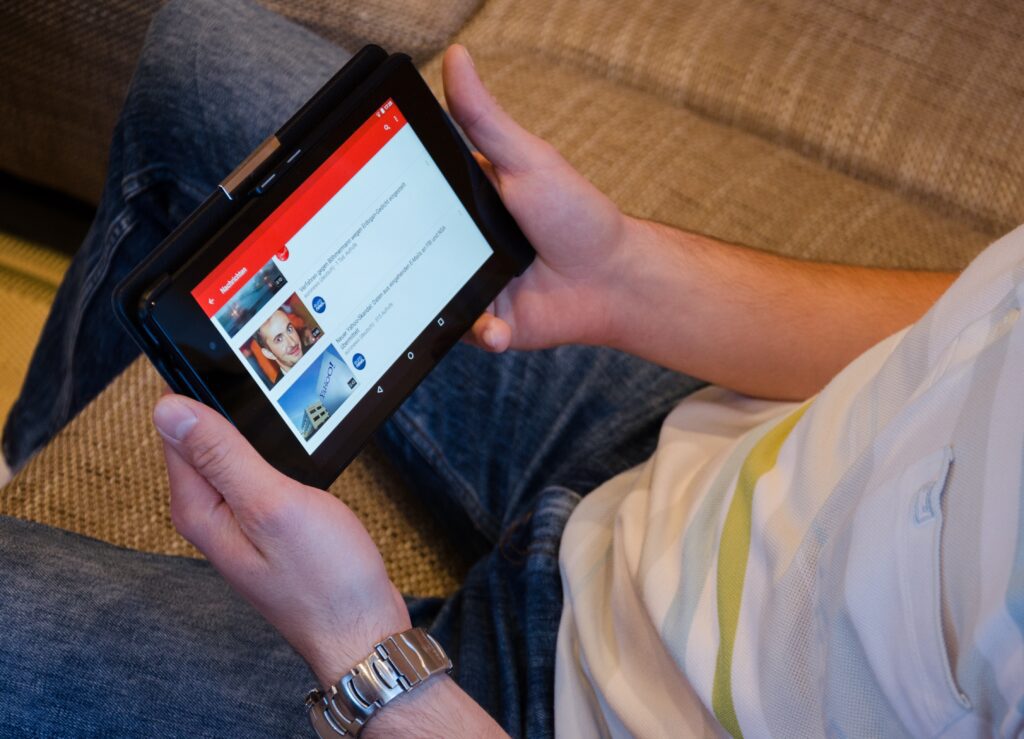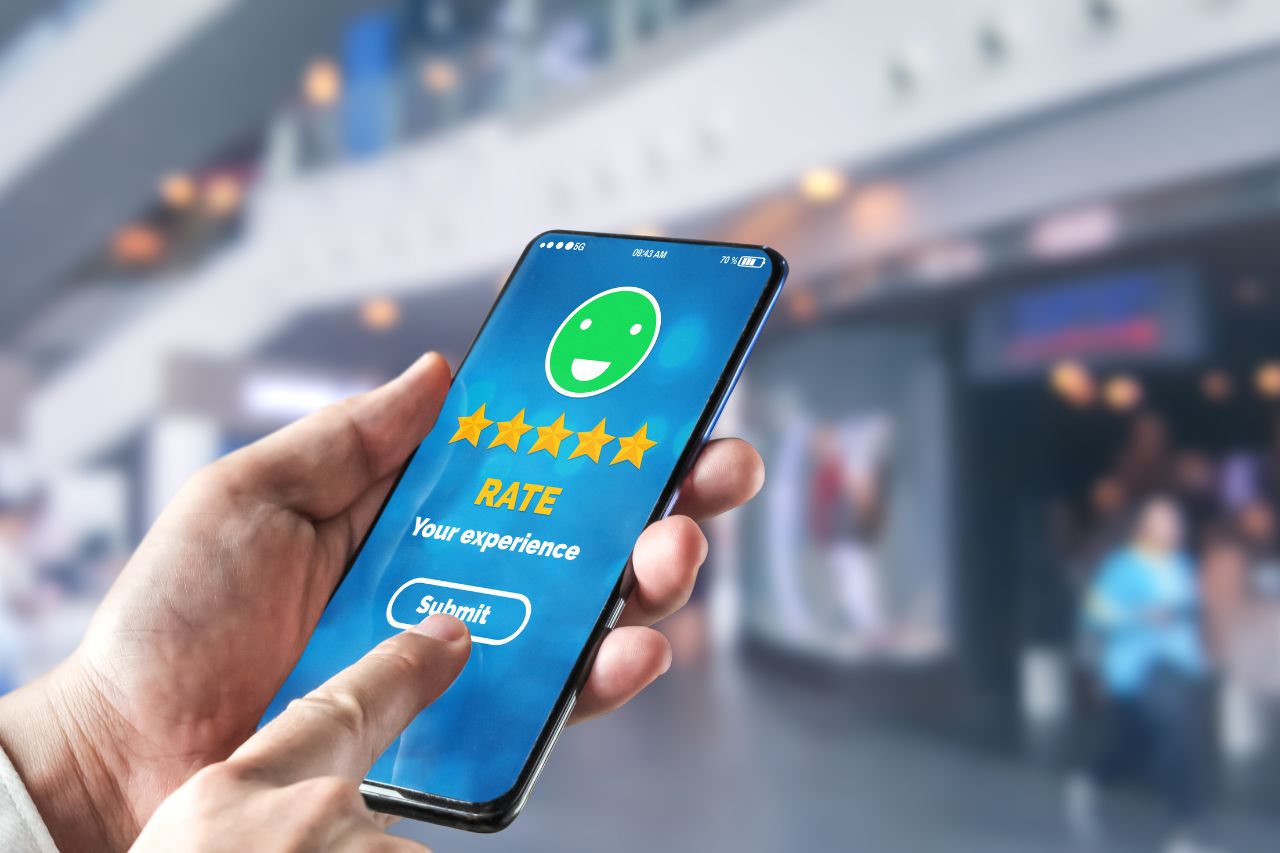People often use acronyms and short forms of words on social media platforms to communicate more quickly, with these abbreviations often having sexual connotations.
Many people use POS to describe vehicles, sports teams, and even people (especially ones they dislike). Although the acronym may serve as an alternative to swearing but remains inappropriate and unnecessary.
Demystifying the term “POS”
The term “POS” can have various interpretations depending on its context of use. Although often associated with sexual connotations and derogation, slang terms like this one can also be used as a way of venting frustration or anger – you might call someone a POS if they’re rude or annoying you! Be cautious when using such terms though as their misuse could obfuscate or dilute the message being conveyed by you or those communicating it to you.
Though its acronym carries negative connotations, POS is still widely used on social media and chat apps. Teenagers and young adults who worry that their parents might be watching what they post online often use POS as a quick reminder to remain mindful of what they say online. It serves as an easy reminder that their parents may be nearby so they should watch what they post.
POS stands for point of sale or booking management system – in either case, it can be an invaluable tool for salons and spas looking to ensure their customers are completely satisfied with their service.
An important benefit of POS is its ability to monitor sales and inventory. This data can help businesses make more informed decisions regarding products and services offered, manage inventory effectively, and boost efficiency – in addition to being used as a marketing tool that attracts new customers while increasing sales.
A Point-of-Sale system (POS) can assist a restaurant or retailer with tracking customer orders while making inventory management simpler, creating coupons for customer loyalty programs, or offering promotions to enhance sales.
POS can be an effective tool for strengthening customer loyalty and increasing sales when used appropriately. However, it is essential to remember that context and tone have a large effect on how someone interprets words or phrases used during conversations; using vulgar or offensive language when discussing friends could cause serious discomfort and hurt feelings.
Exploring its multiple meanings and significance within digital communication
Acronyms, slang, and memes on social media make it increasingly important to stay current on what’s trending. Unfortunately, many terms have multiple interpretations, which can make following what’s happening confusing at times – for example, POS can mean “Piece of S**t” or “Piece of Sh**t”, as well as being an abbreviation for “Point of Sale”, where sales transactions take place.
Teenagers frequently use “POS” as an acronym to express their displeasure with someone or something, such as their boss or friends’ annoying behaviors. While using it is harmless in itself, its misuse could potentially have detrimental repercussions on one’s reputation and be taken as a badge of shame by peers and authorities alike.
The word POS has also become widely utilized in business settings. A number of point-of-sale (POS) systems have become readily available online to allow businesses to track finances more easily while cutting paperwork and manual entry burdens. While these POS systems may offer benefits, some experts argue their increased use may contribute to the sexualization of women or promote harmful stereotypes about female bodies; others maintain that its use is part of natural language evolution and that any attempts at curbing it would only prove fruitless.
Many are familiar with the slang term POS (or “piece of shit”), which stands for “piece of sh*t.” This derogatory and vulgar term can be used to describe anything unpleasant; such as calling someone out for cheating on cards. Or it could refer to their car breaking down constantly.
Although POS has gained much in terms of popularity, its sexual connotations have caused significant controversy. Some believe that its rise has contributed to an increase in sexually explicit material on social media which may have serious repercussions for young people. Meanwhile, others maintain that its use is an inevitable and natural part of life; and thus it’s important for every relationship to discuss and agree upon acceptable boundaries for sexually explicit language usage.
Examining the impact of “POS” on online conversations
Technology advances have led to an increase in acronym usage; some have become widely adopted while others remain obscure. One such acronym, known as POS (for Point Of Sales), has become widespread on social media and text conversations alike; it has multiple connotations including sexual connotations so understanding its context before using is critical for effective use.
The acronym POS has become an essential part of modern chat culture, so it is crucial that its usage be fully understood prior to use. While interpreted as sexual innuendoes, POS can also be used to indicate negative emotions such as frustration or disappointment; alternatively, it could indicate happiness with something.
No matter its use, point-of-view (POS) phrases have the power to alter the tone of any conversation significantly. As they can be offensive and hurtful to other people, POS should not be used in serious conversations that involve children as this could lead to cyberbullying or bullying incidents or simply make people uncomfortable.
Swearing used to be considered illegal in many countries and was punishable with fines or even jail time, but thanks to technological advancement, informal communication across borders has been made possible, with new forms of language and slang appearing across borders – including acronyms with sexual connotations like POS which could prove difficult or dangerous for those unfamiliar.
Parents often encounter their teens using the acronym POS when communicating online, often to warn other users that their parents are monitoring what they are doing on platforms like TikTok or others. By doing this, the teen hopes to avoid any trouble from sending inappropriate material or images.
Considering its potential for humor or sarcasm
No matter your age or situation, chances are you’ve seen the term POS in online conversations. More and more often it appears at the end of tweets or texts to indicate tone, yet many don’t actually understand what this signifies.
POS stands for Piece of Sh*t or Parent Over the Shoulder; in its latter sense, POS serves to inform teens that their parents are monitoring their online activity and may monitor it further – this serves as an important safeguard to ensure privacy and prevent sending inappropriate or vulgar content.
Many people hold negative opinions of POS usage in slang and various other contexts, believing it to be inappropriate and contributes to the sexualization of young people. Furthermore, many believe it undermines the value of strong communication skills within modern society.
So many are worried that this trend may have an adverse impact on society as a whole, yet some positives exist for slang use, including its ability to convey meaning more quickly; its use can help navigate confusing or unfamiliar situations more smoothly; slang allows individuals to express themselves freely when speaking directly to someone, something which might otherwise not be possible.
At the end of the day, it is essential to remember that slang is a language of its own that evolves with time. No matter your opinion on its usage, it’s essential that we consider how our speech and actions impact those around us.
Although slang can be an enjoyable form of communication, it’s essential to consider its consequences and their effect on relationships. Furthermore, it would be prudent to avoid using it inappropriately or controversially so as not to contribute to harmful stereotypes or other adverse social outcomes.











